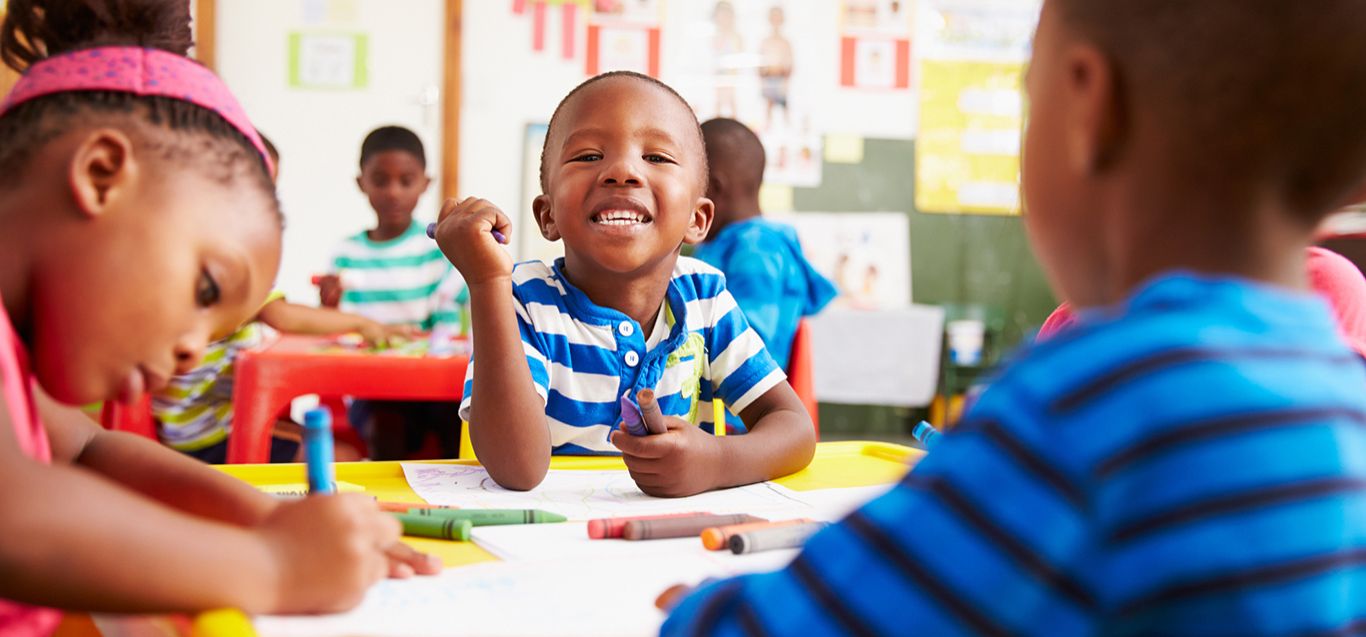INTRODUCTION
For any child, entering kindergarten is a significant milestone. With today’s learning standards, kids are expected to learn more in kindergarten than ever before. Many skills that used to be taught in first grade are now part of kindergarten lessons. So, it’s natural for parents to wonder if their child is ready for this next stage.
Children grow and learn at different speeds. Some might be ready for school earlier, while others may need a little more time. Just like learning to walk or talk, every child develops social, emotional, and thinking skills in their own time. That’s why it’s important to look at your child’s unique needs before deciding if they should start school.
While parents should do their part to get kids ready, schools like Trelawnyd Little Learners Preschool should also be prepared to teach children with different learning styles and abilities. In other words, schools must be ready for kids, just as kids are getting ready for school.
WAYS TO HELP YOUR CHILD GET READY
Here are 10 simple things you can do to help your child prepare for kindergarten:
- Read books together often.
- Play interactive games or pretend together.
- Talk with your child and encourage them to ask questions.
- Let them join playgroups or preschools to build social skills.
- Give them small chores at home.
- Follow a daily routine to teach structure.
- Visit places like libraries, museums, or zoos to learn new things.
- Teach them to respect others and use kind words.
- Make sure to balance screen time with active play.
- Talk about and practice what they’re learning in preschool.
SIGNS YOUR CHILD MAY BE READY
Here are 10 signs that your child may be ready to start kindergarten:
- Follows a routine without much help.
- Listens and follows basic rules.
- Knows their first and last name.
- Can name common colors and shapes.
- Recognizes some letters and numbers (1 to 10).
- Can sit quietly for a short time.
- Uses the bathroom and washes their hands independently.
- Plays well with other children.
- Uses their senses to explore and learn.
- Can express their feelings and thoughts clearly.
GETTING EXTRA HELP
Some schools use readiness tests to see if a child is prepared for kindergarten. Your child’s doctor, preschool teacher, or daycare provider can also give useful advice. If needed, they can suggest services to help your child get ready and even share helpful information with the school.
CONCLUSION
Some parents wait a year to start school if they think their child isn’t ready. While younger kids may struggle at first, studies show these differences often disappear by third or fourth grade. On the other hand, older kids in class may face other challenges later, like behavior issues. So, it’s important to decide based on your child’s needs and with input from trusted professionals.













Comments